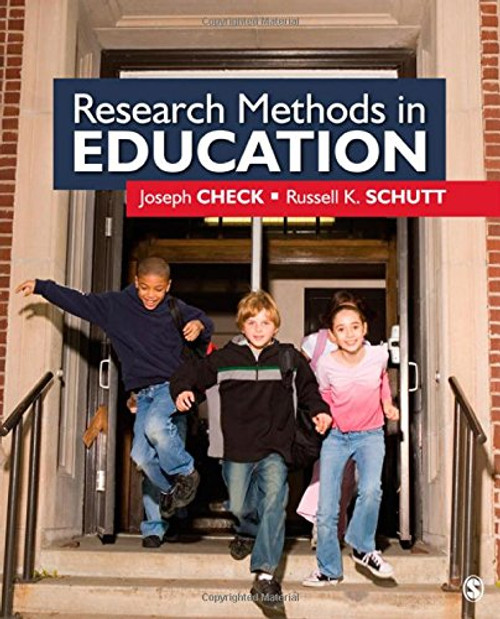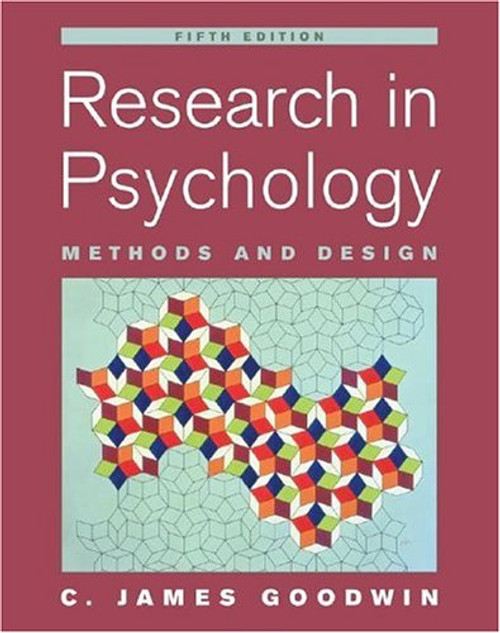Product Overview
This book was written as a text and resource guide for graduate-level students, practitioners, and teachers in the fields of special education, disability studies, early intervention, school psychology, and child and family services. The primary purpose of the book is to offer a broad-based examination of the role of scientific inquiry in contemporary special education. The authors aim was to provide a comprehensive overview of the philosophical, ethical, methodological, and analytical fundamentals of social science and educational research, as well as to specify aspects of special education research that distinguish it from scientific inquiry in other fields of education and human services. The book is divided into ten chapters. Chapter 1 establishes the theoretical underpinnings of social scientific inquiry; provides a foundation in the philosophical, epistemological, and methodological considerations related to the design and execution of research in general and special education; and discusses the broad purposes of research in special education and disability studies. Chapter 2 addresses issues that are preparatory to designing and evaluating special education research. Chapter 3 discusses key measurement and statistical concepts used in the quantitative research tradition, including reliability and validity of measurement instruments; the purposes of descriptive, inferential, and nonparametric statistics in analyzing numerical data; and selected methods of statistical analysis. Chapter 4 reviews ethical issues and guidelines for the design, implementation, and reporting of research in special education. Chapters 6, 7, and 8 review the wide range of quantitative, qualitative, and integrative approaches to conducting research in special education, while Chapter 9 presents a published research article section by section, annotates the components and composition of a research report, and provides a protocol that students, practitioners, and educators can use to evaluate the technical soundness and scientific merits of published research articles. The final chapter addresses future trends in special education research as they apply to a variety of stakeholders.







